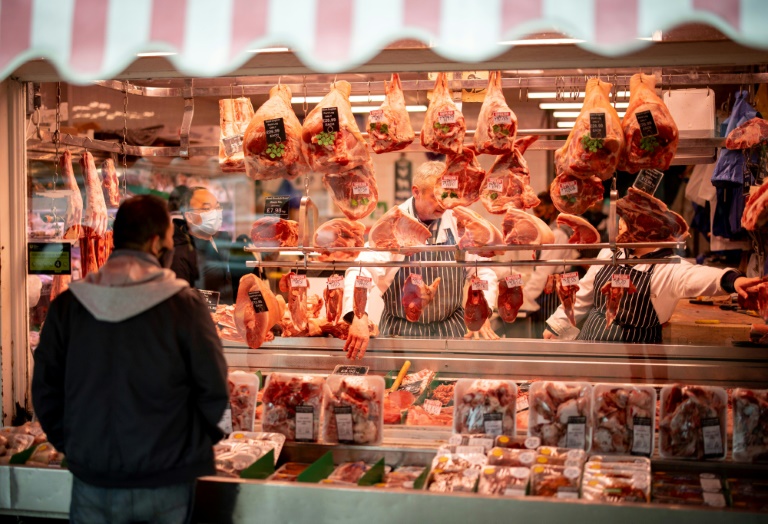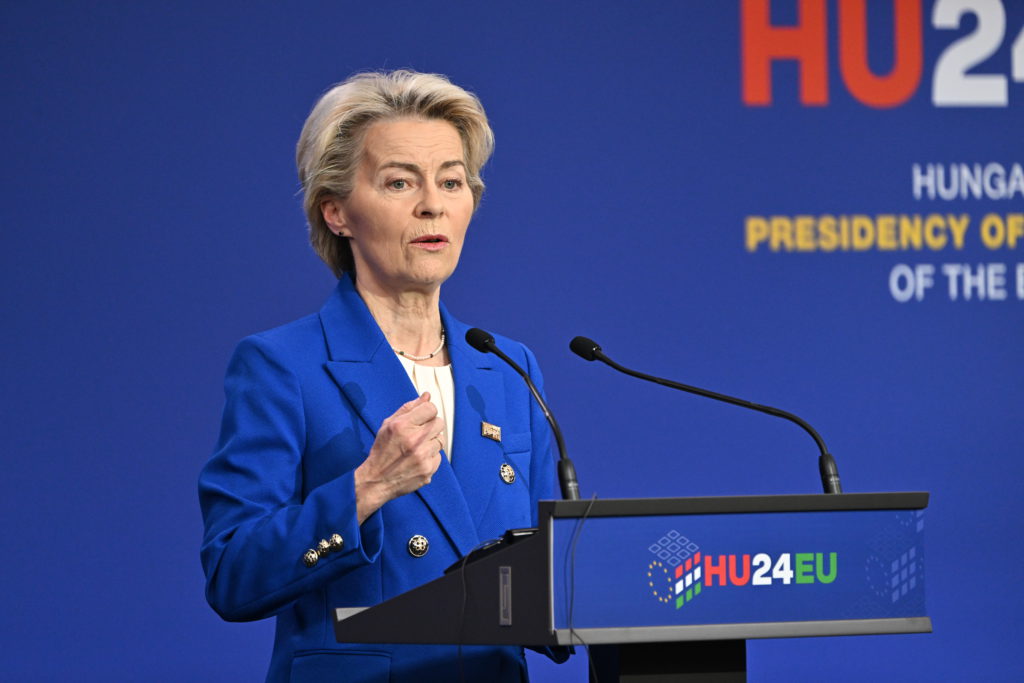Britain’s annual inflation rate soared to the highest level in three decades last month as energy prices rocket, official data showed Wednesday, worsening a cost-of-living crisis.
Inflation surged to 7.0 percent in March from 6.2 percent in February, the Office for National Statistics said in a statement.
“Broad-based price rises saw annual inflation increase sharply again in March,” said ONS chief economist Grant Fitzner.
“Amongst the largest increases were petrol costs.”
Prices of restaurant meals and hotel rooms also rose steeply last month after falling a year earlier during a pandemic lockdown in the UK.
Costs are surging worldwide as economies reopen from pandemic lockdowns and on fallout from the war in Ukraine.
US inflation rose by a huge 8.5 percent over the 12 months to March, the biggest jump in four decades, official data showed Tuesday.
Sharp price rises across the board are forcing central banks around the world to hike interest rates, curbing economic growth recovery.
European Central Bank governors meet Thursday to ponder record-high inflation in the eurozone and fresh economic uncertainty caused by the war in Ukraine, with policymakers signalling a willingness to take action sooner rather than later.
The US Federal Reserve and the Bank of England have already announced their first rate hikes to combat price pressures, leaving the ECB looking out of step.
– ‘Worrying time’ –
The Bank of England has predicted that UK annual inflation could reach double figures by the end of the year.
“We’re seeing rising costs caused by global pressures in our supply chains and energy markets which could be exacerbated further by Russian aggression in Ukraine,” Britain’s finance minister Rishi Sunak said Wednesday.
“I know this is a worrying time for many families,” added the embattled chancellor of the exchequer.
Sunak, along with Prime Minister Boris Johnson, confirmed Tuesday that they had been fined for breaching Covid-19 lockdown laws.
British cost-of-living is set to soar even higher owing to an April tax hike on UK workers and businesses and a fresh surge in domestic energy bills that kicked in this month.
“Soaring energy and fuel prices were the main drivers of the rise in (UK) inflation in March, but we are paying more for everything,” Myron Jobson, senior personal finance analyst at Interactive Investor, said following Wednesday’s data.
“Supply shortages and production bottlenecks owing to the pandemic have forced firms to raise their prices of late,” while Russia’s invasion of Ukraine “has made the outlook for inflation worse”, he added.











